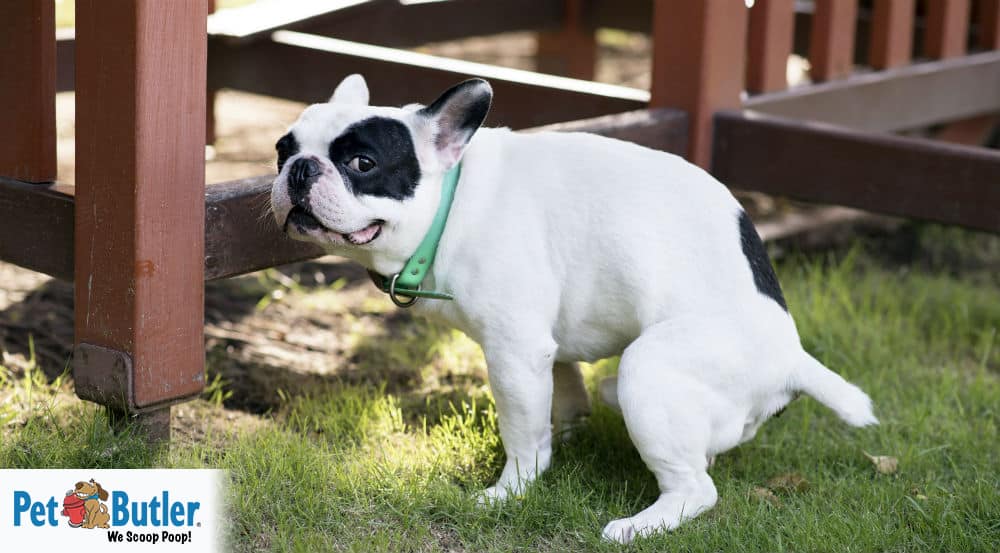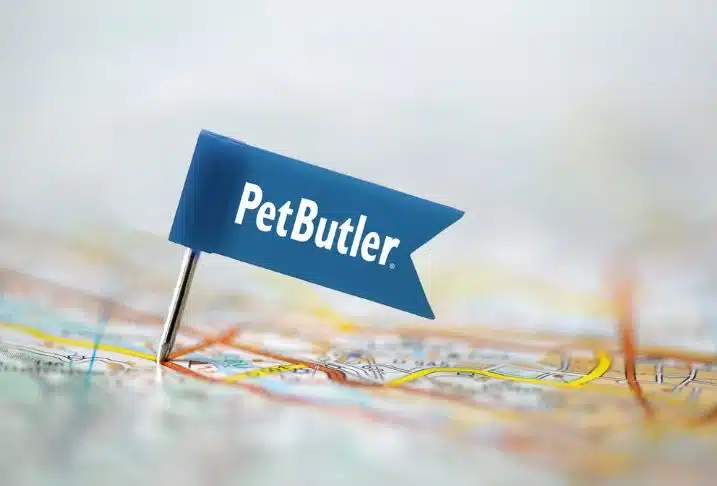Picking up poop can be a stinky job, but not doing it can have its consequences. “It’s too much work,” “it’s only in my yard”, “the poop will break down on it’s own”,“my dog is small” are common reasons why people don’t pick up the pet waste. Both humans and canines can acquire certain diseases from dog poop. In humans, diseases transmitted between species are known as zoonoses.
Roundworms, hookworms, and whipworms are commonly known gastrointestinal parasites that shed eggs in dog feces. Human activities such as gardening, walking barefoot in the yard, or playing sports increase the risk of encountering those parasite eggs and subsequent larvae.
Young children with less than stellar hygiene often go right from the sandbox to the lunchbox, where microscopic eggs can be consumed along with soil on the hands resulting in those diseases from dog poop. Likewise, your dog, who by nature greets new playmates with a nose to rear acknowledgement, can acquire a new infection from a contaminated yard or surface. To spell it out plainly, dogs eat poop. Other protozoal parasites often found in dog waste are cryptosporidia and giardia.
How Diseases Transmit Between Animals and Humans
These tiny organisms are easily transmitted between animals and people causing signs of illness common to most parasitic infections: vomiting, diarrhea, weight loss, anorexia, poor fur coat, anemia and lethargy.
In some cases, healthy adult animals and people exhibit no symptoms at all, but can be actively shedding pathogens. Because humans are not the typical “host” for parasites such as roundworms, sometimes larval and adult worms take up residence outside of the gut.
Migration in tissues has caused disease in the lung, eye (which can lead to blindness), and skin. Besides direct hand to mouth transmission and direct skin contact with larvae, bacteria and parasites can be disseminated from a pile of fecal matter on lawn mower blades, the bottoms of shoes, after rainfall to areas of water run-off and nearby streams, and even on the bottoms of tiny fly feet.
What are other diseases form dog poop? Salmonella, E. Coli, and Campylobacter are bacteria that are excreted in the feces of even healthy dogs.
The Georgia-based Clean Water Campaign estimated that a single gram of dog waste can contain 23 million fecal coliform bacteria, which are known to cause cramps, diarrhea, intestinal illness, dehydration, and kidney disorders in humans. You can do the math or trust mine; more than 70 million dogs in the United States alone produce over 10 million tons of poop each year.
Pet Waste Toxic for the Environment
Human and diseases from dog poop is not the only reason dog waste is harmful. Feces in the water supply contributes nutrients that lead to overgrowth of harmful algae and weeds, killing fish and other wildlife.
In fact, the Environmental Protection Agency lists dog poop as number three on its list of non-point sources of environmental contamination, meaning it comes from more than one source, millions of dogs.
How can we address the problems caused by the more than 40% of pet owners who do not take pet waste removal seriously? Education is the first step to promoting a healthy environment.
Many people erroneously believe that dog waste disappears into the dirt. In fact, the 200,000 eggs laid by a single roundworm each day can persist for years without treatment from a concentrated bleach solution or flame thrower.
You can start your pet on an oral or topical parasite preventative dispensed by your vet and insist upon bi-annual fecal screening.
Let Pet Butler Handle the Poop Scooping
If you’re not doing the poop scooping on a regular basis and want to avoid diseases from dog poop, you may be interested in hiring a professional pet waste removal company like Pet Butler.
With weekly poop scooping service, Pet Butler will help minimize yard contamination and disease transmission. The Pet Butler team disposes of dog waste in a timely and environmentally safe manner; no more excuses. Call 1-800-PET-BUTLER (1-800-738-2885) today!
Sources:
Clean Water Campaign
Dog Poop Environment Pollution
Coastal Zone Act Reauthorization Amendments
Eliminating Pet Poop Pollution

